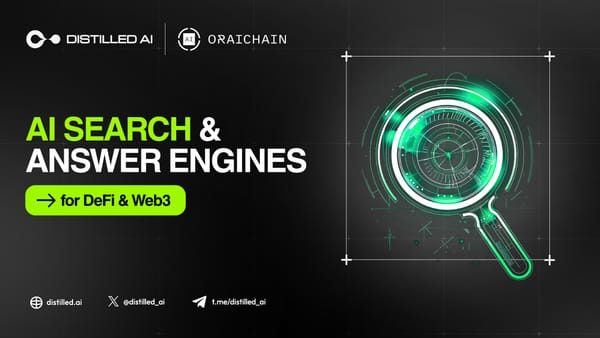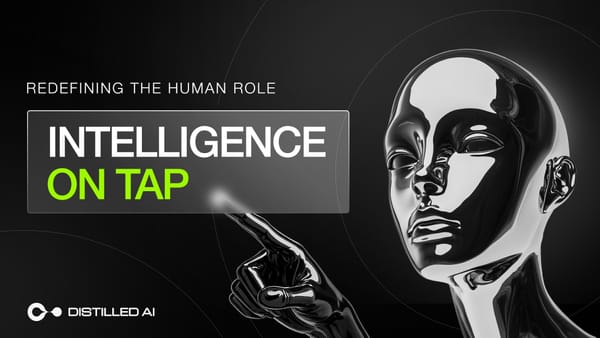Security & Privacy in AI Messaging Apps

As artificial intelligence continues to reshape how we communicate, AI-powered messaging apps—especially those employing multi-agent systems—offer exciting new features. However, with innovation come challenges. In this article, we explore the security and privacy concerns associated with AI messaging apps and discuss best practices to safeguard sensitive data while maintaining robust communication channels.
Understanding AI Messaging Apps
AI messaging apps leverage advanced algorithms and multi-agent systems to deliver smarter, more intuitive communication solutions. These apps not only support basic messaging but also integrate features like natural language processing (NLP), predictive text, chatbots, and dynamic response generation. While these innovations enhance user experience, they also introduce potential vulnerabilities:
- Multi-agent Architecture: Multiple AI agents can collaborate to handle different tasks, from message routing to content moderation. However, each agent represents an additional potential attack vector.
- Data-Driven Features: AI tools rely on large datasets to learn and improve. This dependency can expose sensitive information if not managed securely.
Key Security Concerns in AI Messaging
AI messaging platforms face a number of security challenges that must be addressed to maintain user trust:
1. Data Breaches and Unauthorized Access
- Encryption Gaps: While many platforms implement end-to-end encryption, some AI systems may process data on external servers or in private cloud compute environments. Even robust encryption can be compromised if proper protocols aren’t followed.
- Third-Party Integrations: Integrating with third-party AI services (like ChatGPT or other content generators) may expose user data if those services don’t adhere to strict security standards.
2. Vulnerabilities in Multi-Agent Systems
- Agent Communication: AI agents often exchange sensitive information internally. A breach in one agent’s communication channel can potentially compromise the entire system.
- Model Training Risks: Continuous learning from user data may inadvertently incorporate sensitive details into the training process, increasing the risk of data leakage.
3. Malware and Phishing Attacks
- Impersonation Risks: Cybercriminals may mimic AI agents to trick users into sharing personal data or clicking malicious links.
- Automated Exploits: The very efficiency of AI systems can be exploited to launch large-scale phishing or spam campaigns if proper security checks are not in place.
Privacy Risks in AI Messaging
Privacy concerns in AI messaging extend beyond technical vulnerabilities to include how data is collected, stored, and used:
1. Data Collection and User Consent
- Extensive Data Harvesting: AI systems often collect large volumes of data to refine algorithms. Without transparent user consent, this practice can raise significant privacy issues.
- Lack of Anonymization: If user data isn’t adequately anonymized, personally identifiable information (PII) may be exposed during data processing or breaches.
2. User Profiling and Surveillance
- Behavioral Analytics: Advanced AI tools can build detailed user profiles based on message content, behavior, and interaction patterns. While this can enhance personalization, it also poses risks related to surveillance and misuse.
- Third-Party Data Sharing: Some platforms may share user data with external partners or advertisers, potentially compromising user privacy.
Best Practices for Secure and Private AI Messaging
To ensure that AI messaging apps remain secure and private, both developers and users must adopt proactive strategies:
For Developers
- Implement Robust Encryption: Use end-to-end encryption for all communications. Where cloud processing is necessary, employ techniques like Private Cloud Compute with stringent decryption controls.
- Regular Security Audits: Conduct frequent code reviews and vulnerability assessments to detect and fix potential exploits.
- Data Minimization: Limit data collection to only what is necessary for functionality. Anonymize and encrypt user data during storage and processing.
- Secure Agent Communication: Isolate AI agents with strict access controls and monitor inter-agent communications for anomalies.
- Transparency and User Consent: Clearly communicate data practices and obtain explicit consent for data collection, processing, and third-party sharing.
For Users
- Stay Informed: Regularly update your app to benefit from the latest security patches and privacy enhancements.
- Limit Sensitive Information: Avoid sharing sensitive personal data in AI-powered chats, especially if using services that process data on external servers.
- Review App Permissions: Check the permissions granted to your messaging apps and restrict access to unnecessary data.
- Use Strong Authentication: Enable two-factor authentication (2FA) and use strong, unique passwords to secure your accounts.
Future Trends in AI Messaging Security
The landscape of AI messaging is continually evolving. Emerging trends and technologies may further enhance security and privacy:
- On-Device AI Processing: Future apps may rely more on on-device processing to minimize data exposure by keeping sensitive data local.
- Federated Learning: This approach allows AI models to learn from decentralized data sources without transmitting raw data to central servers.
- Advanced Anomaly Detection: Incorporating AI-driven threat detection can proactively identify suspicious behavior and thwart potential breaches in real time.
- Stronger Regulatory Frameworks: As privacy concerns grow, governments and industry bodies may introduce stricter regulations that mandate higher security standards for AI messaging apps.
Conclusion
AI messaging apps hold tremendous promise for transforming digital communication with intelligent, interactive features. However, they also introduce complex security and privacy challenges that require vigilant attention from both developers and users. By implementing robust encryption, minimizing data collection, and embracing best practices, we can harness the benefits of AI messaging while safeguarding our personal and organizational data. Staying informed and proactive is key to ensuring that these innovative platforms remain both secure and private.



